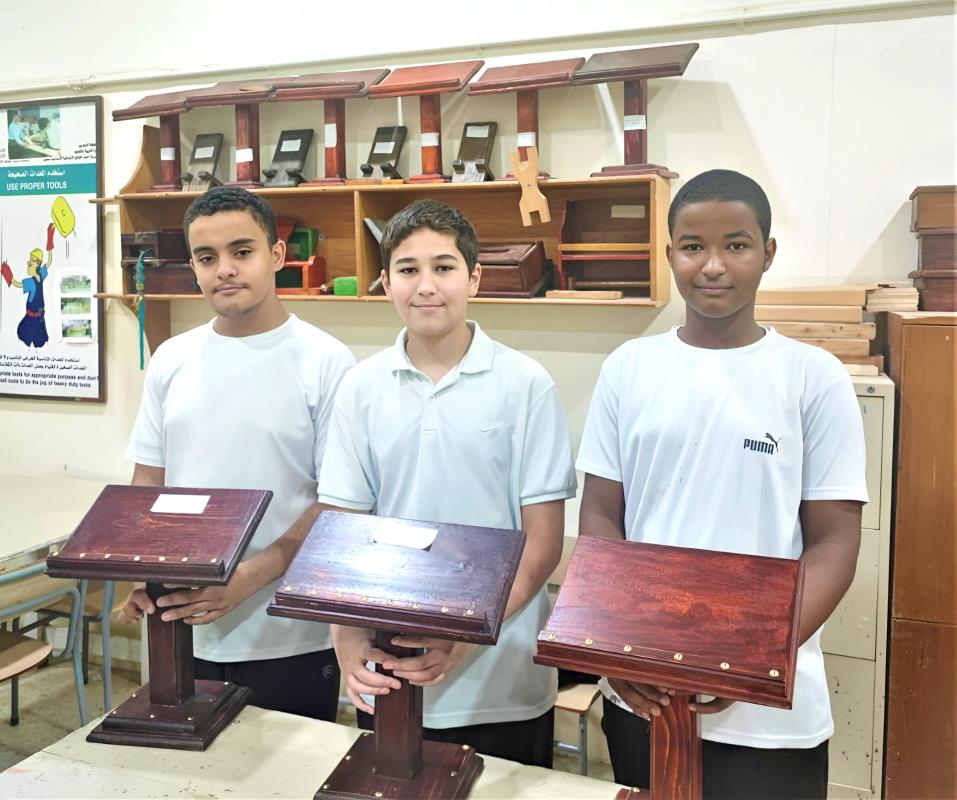
It was just another day at the office. After all, how much work could an international business networking company have? My job was enabling B2B contacts and trying to look important at trade fairs.
The biggest perk of our job did not lie in the actual business generated. It was more social in nature. Having the ability to network with organisations, we were ready targets for friends to forward CVs of their wards for internships, jobs etc. All this was about to change.
An email from Japan reached the Chief. It was from a lady who was the Secretary to a Kal San. A quick search on the web revealed that in Japan, San was an honorary suffix to the name of an individual.
The mail provided details of the dates of Kal San’s visit and his background. It stated that he was an advisor to an investment syndicate which controlled access to around USD 25 billion worth of funds and was looking for investment opportunities.
All they needed from us was to fix the meetings, arrange a car with a driver and they would take over. Kal San would meet us on the last day of his visit.
We tried to figure out what Kal San would be like. His email address was kal.san followed by the name of his company.
The usual databases did not carry his photograph. He could be senior. We did some brainstorming and deduced, Sherlock Holmes-style, that he was a middle-aged Japanese man with a strong academic and business background. Japanese businessmen are by nature conservative, and they attach a fair degree of weight to age and experience.
Any business networker worth his salt loves fixing meetings of this type. It feels great to call up the Managing Director of a company and tell him that we (emphasise on the ‘we’) are setting up meetings with an investor who is visiting on so and so date. Would you be interested in speaking to him? The last line is more out of courtesy; we don’t mean to ask this question. We know what the answer is.
A lot of time went by in advising the prospects on Japanese culture and business etiquette. It takes some doing to tell people who come from a totally different culture that bowing from the waist is a mark of respect.
Meetings must start on time and conform to the minute-to-minute agenda. Business cards should be offered and received with both hands, preferably with a small bow and treated with care.
The dress code needs to be formal, and we came across something totally new when we researched; taking notes with a pen which contained a red refill or red ink is downright insulting.
A few weeks went by in the preparation and review sessions and in fixing Kal San’s schedules. We practised some of the bowing moves in the office too. We took special care to train all the staff in the correct seating order. Under Japanese protocol and etiquette, the head of the organisation sits at the top and the others, in lowering degrees of seniority, sit away from him. The one who is the farthest away is the junior most. We derived sadistic pleasure in placing the Administration Officer at the far end of the table.
We arranged for a car with an English-speaking driver to make things easy for Kal San. As a matter of abundant caution, I had given my mobile number to the driver too.
Kal San arrived and went about his work. For the next few days, neither Kal San nor the companies he went to meet bothered to get back to us or let us know the progress of the meetings.
We were also relieved because our guests generally tend to call and berate us only when some planned meetings have not taken place, or something has gone wrong on the protocol side.
Four days went by. Late in the evening on the fourth day, I received a phone call from the driver, “Sir would like to speak with you”.
Kal San came on the line, and I muttered my breathless hellos and the standard lines that we are trained to use in these situations. After waiting for me to finish, the kind man muttered in chaste Hindi, “Namaste, when can I meet you?”
Meet Mr. Kalbinder Sandhu, Advisor to one of the largest funds in Japan. His parents are Japanese citizens of Indian origin. He speaks fluent Japanese and the San in his name is not an honorary suffix. His company email policy creates email addresses by taking the first three alphabets of the first name and surname respectively and inserting a dot in between the two.





















































